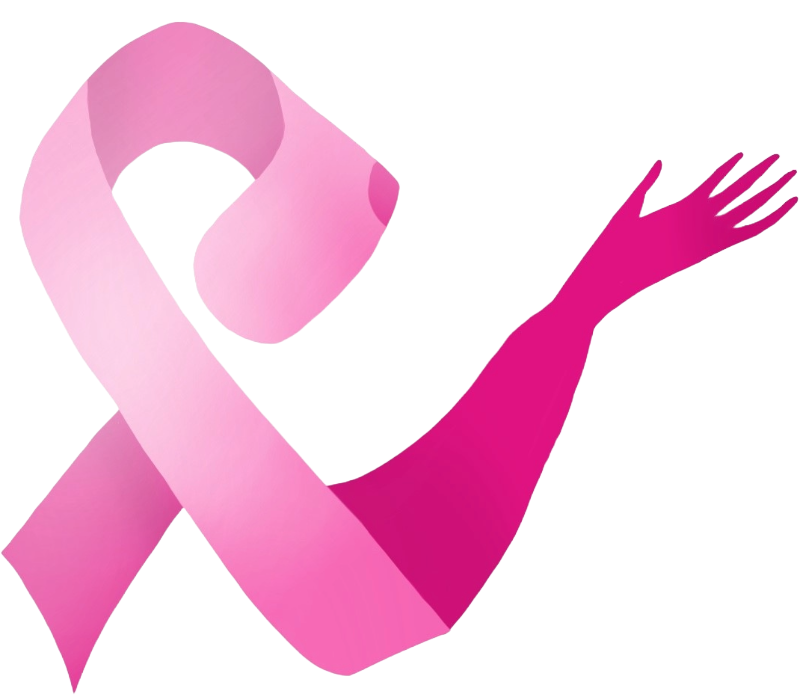Chronic lymphedema after breast cancer treatment
understanding, coping, living
A challenging time
Navigating a breast cancer diagnosis and the ensuing treatment journey can be a challenging period. We recognize the profound impact that chronic breast cancer-related lymphedema can have on your daily life.
Physically, this condition may manifest as swelling, restricted movement and discomfort, elevating the risk of infections. Lymphedema also increases the risk of infection. Beyond the physical toll, lymphedema can contribute to psychological stress, triggering feelings of anxiety, frustration, concern about the disease’s progression, and even depression.
Our goal is to equip you with practical tips and self-care strategies to effectively manage lymphedema in everyday life. Additionally, we invite you to explore our ongoing trial, designed, to provide doctors and patients with recommendations for the best possible treatment of chronic lymphedema following breast cancer treatment.
What is a chronic
breast cancer-related lymphedema?
One in five patients develops chronic lymphedema after breast cancer treatment.
Chronic breast cancer-related lymphedema occurs when the lymph flow in the arm is blocked due to surgical removal of the lymph nodes or radiotherapy.
The accumulation of fluid in the tissue causes the arm to swell and increases the risk of infection. The women affected suffer from pain and a feeling of heaviness and numbness in the arm, as well as psychological symptoms such as depression and anxiety.
How is chronic
breast cancer-related lymphedema diagnosed?
Chronic lymphedema that has developed after breast cancer treatment is usually diagnosed clinically.
This means the doctor identifies the lymphedema based on the patient's symptoms and examination. The easiest way is to measure the arm’s circumference.
Alternatively, imaging techniques such as ultrasound or magnetic resonance imaging (MRI) are used. These methods can visualise the swelling and the flow of lymph fluid in the affected area.
What are the different stages of lymphedema?
Lymphedema develop gradually and can be categorised into four stages based on the International Society of Lymphology’s classification:
Stage 0: “Latent/subclinical”, there is no swelling yet, the patient's symptoms include a feeling of heaviness and discomfort, the affected body part becomes tired when moving.
Stage 1: “Spontaneously reversible”, the affected part of the body is already swollen. Elevation or compression garments can provide relief.
Stage 2: “Spontaneously irreversible”, elevation of the affected body part rarely reduces swelling.
Stage 3: “Elephantiasis”, this refers to pathological swelling/enlargement of the arm due to lymph congestion. Among other things, there are changes in the structure and thickness of the skin and movement is severely restricted.
If you have the feeling that you are developing arm lymphedema after breast cancer treatment, e.g. because the arm on the affected side feels heavy or looks swollen, contact your oncologist, GP or gynaecologist.
What can I do for self-care?
To reduce the risk of developing or worsening chronic lymphedema after breast cancer treatment, we recommend the below self-care measures.
However, if you suspect the onset of lymphedema, it’s essential to consult a specialist (oncologist, gynaecologist, family doctor)!
Engage in regular exercise
Move your body without straining yourself. Muscle contractions support the lymphatic system and lymph flow.
You should not exert yourself too much during exercise, i.e. avoid excessive increases in your heart rate.
Choose comfortable clothing
Opt for comfortable clothes and avoid bras, watches, or rings that fit too tightly.
Take care of your skin
Minimise the risk of injury by avoiding injections, blood sample collection, or blood pressure measurements on the affected arm.
Be catious during nail and skin care to prevent injuries.
Pamper your skin by moisturising regularly. Avoid cosmetics that my cause allergic reactions.
Avoid long periods of sunbathing.
Mind your diet
Drink little alcohol and add little salt to your food. Avoid processed foods containing chemical additives such as glutamate.

